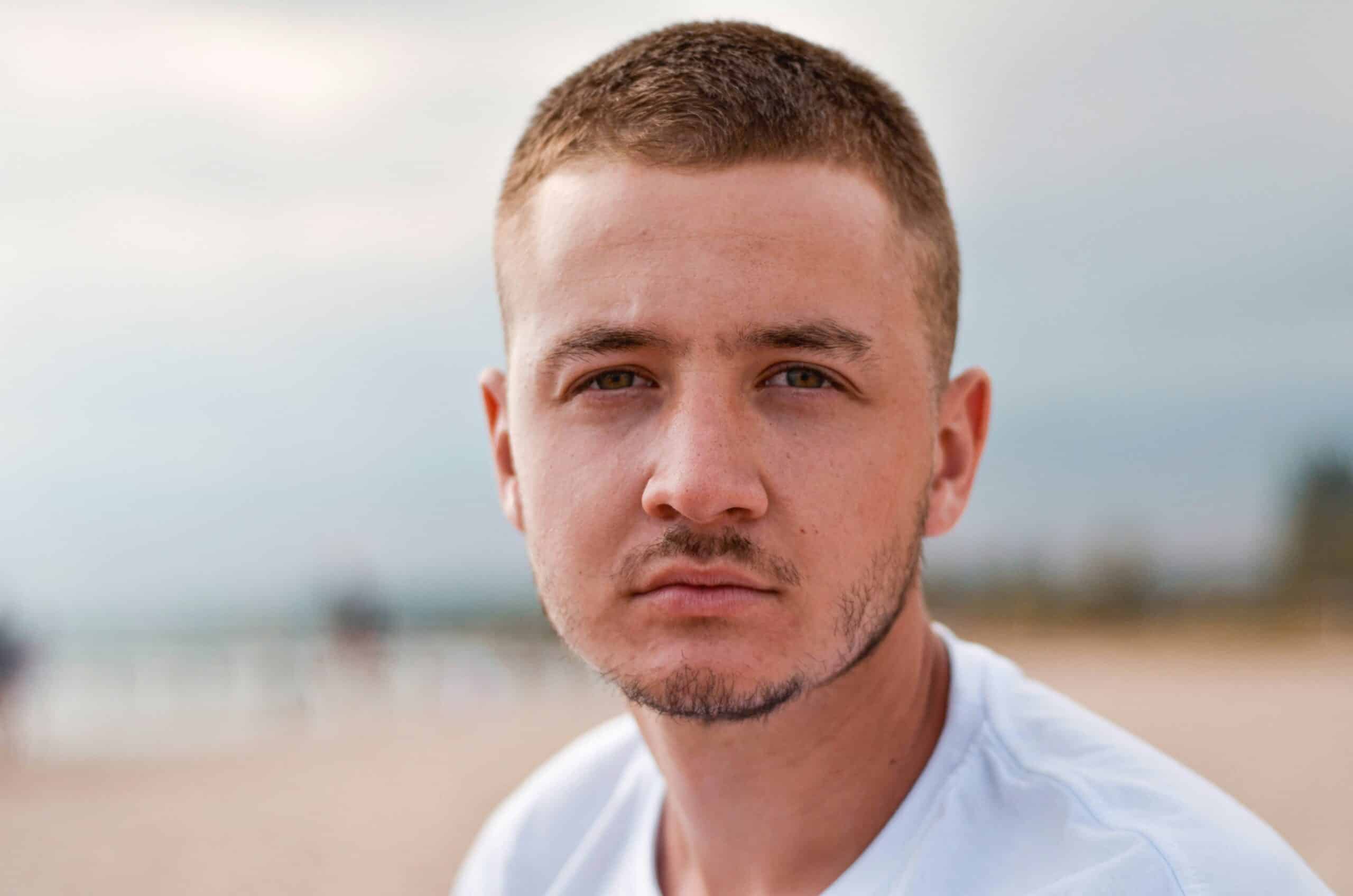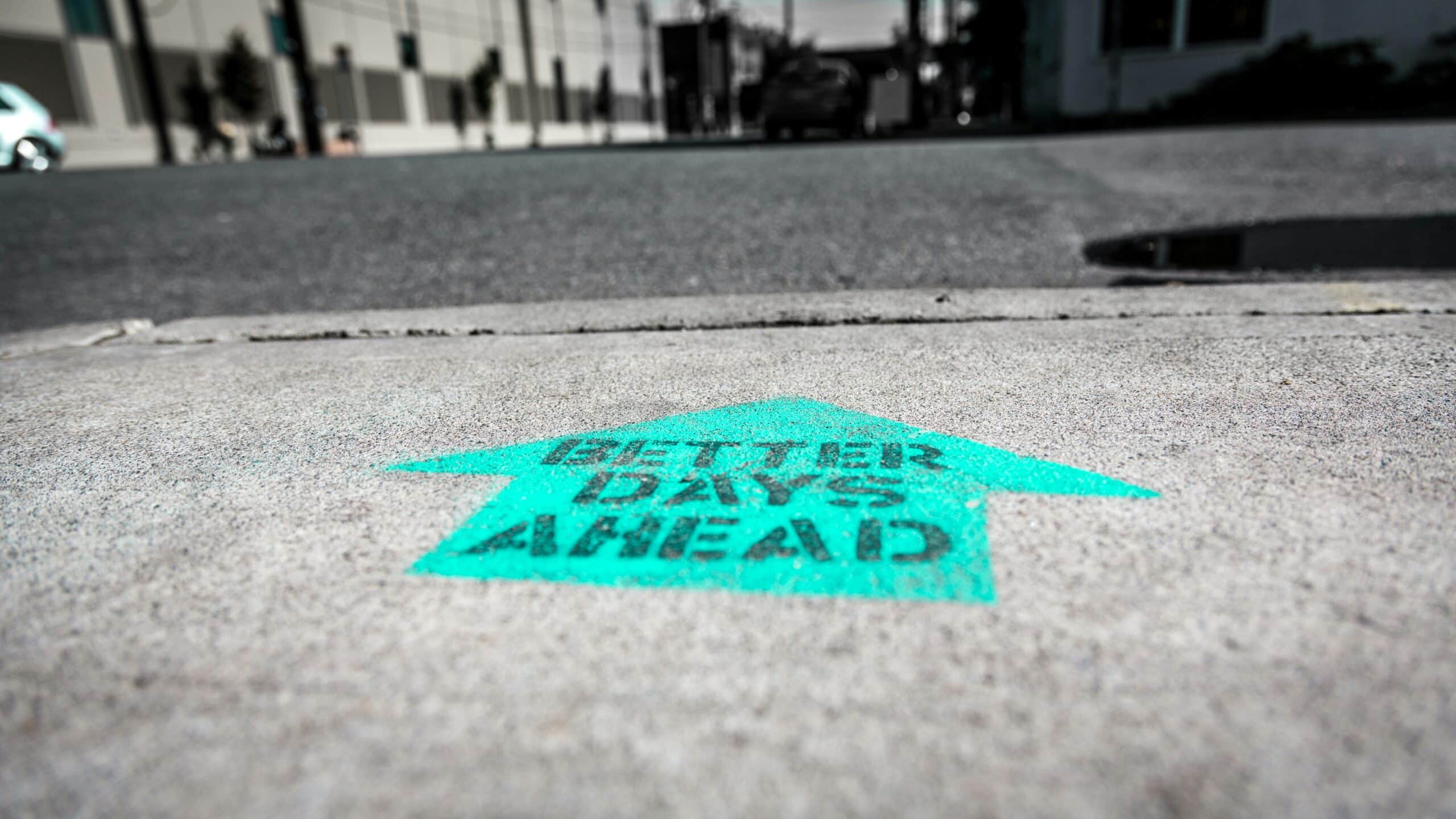Heroin Turns to Morphine to Block Pain
Heroin becomes a substance similar to morphine once in the body, and it creates an immediate rush that blocks pain and increases pleasure. By blocking opioid receptors, heroin users will only experience good feelings in the short-term. This may be why as many as 23% of the people who use heroin become addicted to it.
Cognitive Decline
Sadly, 10% of heroin overdoses result in death. For those don’t die, it’s shocking to see what happens to the body after heroin overdoses. Oxygen deprivation occurs, which can permanently deteriorate cognitive function and cause hand tremors.
Severe Itching of the Body
Heroin use is often associated with severe itching, resulting in scratches on the skin and open wounds. That’s because the receptors that block pain often release an itching sensation, which causes heroin users to vigorously scratch their skin in an attempt to alleviate the itch.
Slows Down Breathing
After taking heroin, users may experience drowsiness for extended periods of time. It’s then that breathing can slow down and even stop, creating a potentially fatal situation. To make matters worse, 96% of heroin users also take another type of drug, and this often compromises the respiratory system and make breathing more difficult or even slower.
Reduces the Speed of Digestion
Heroin drastically slows down the digestive system, reducing significantly the activity of the intestines. This can lead to severe constipation, at the least, as well as ruptured bowels, anal fissures and hemorrhoids. What happens to your body after heroin is no small matter. Every time people use heroin, it can put them at risk. Take back control over your life and free yourself from the binds of a heroin addiction. Call us for information about effective heroin rehab treatment.




